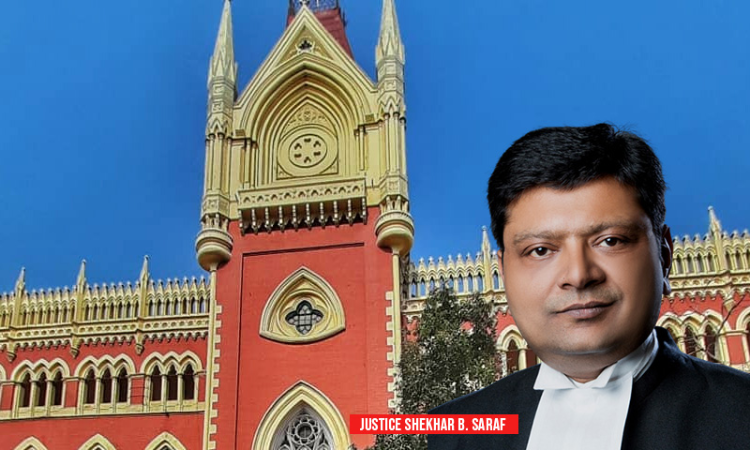Arbitral Tribunals Exercising Power U/S 17 Not Strictly Bound By CPC: Calcutta High Court
ausaf ayyub
20 Dec 2022 9:30 PM IST

Next Story
20 Dec 2022 9:30 PM IST
The Calcutta High Court has held that the arbitral tribunals while exercising powers under Section 17 of the A&C Act are not strictly bound by the technicalities of CPC. The Court held that the ambit of power given to the tribunals for grant of interim relief is to be guided by the basic principles of CPC, however, the strict technicalities cannot prevent the tribunal from securing...
